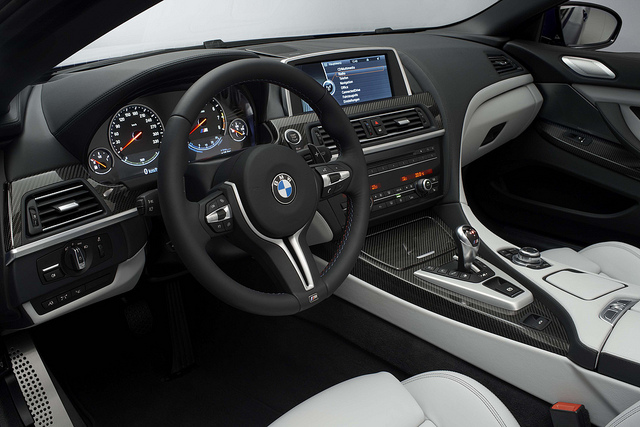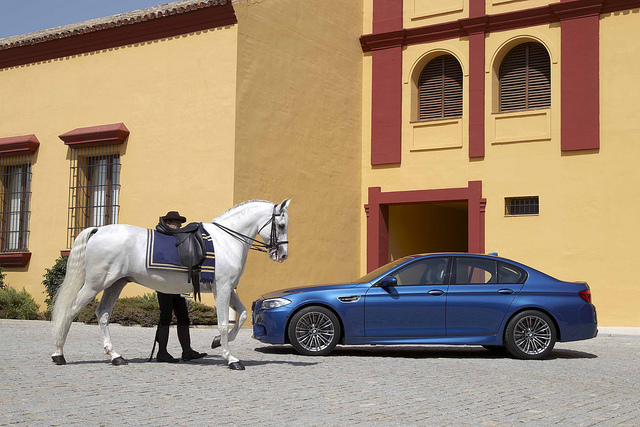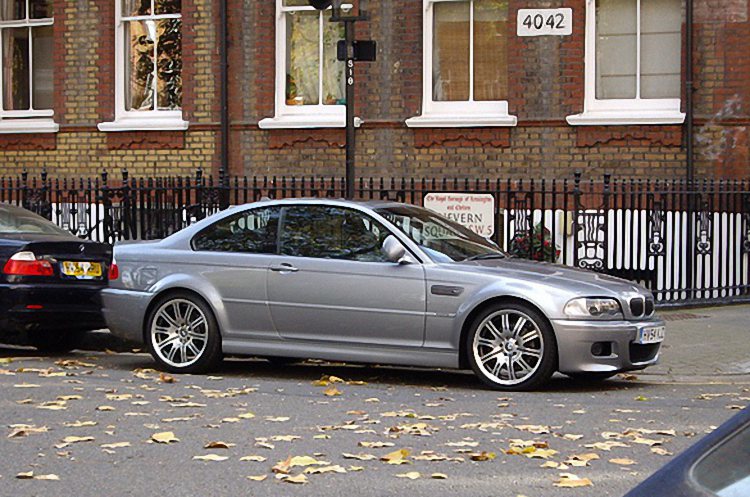It’s no secret that Germans are good at what they do, whether it’s on the sports field, in the pharmaceutical lab or the engineering workshop, the attribute of being German has become synonymous with efficiency, durability, Intelligence and quality.
Nowhere has this phenomenon been more apparent than in the world of automotive engineering, where for over a century, the Germans have dominated in terms of quality, and in an era when other European countries have long since abandoned their manufacturing bases to an increasingly competitive Asia, German cars remain the last word in both quality and luxury, with a perennial appeal that only increases with time.
This article examines just a few of the potential reasons for the success of German car manufacturers over the years.

History
This is a somewhat obvious one. The Germans have been making cars well over 130 years now with Benz creating their first car in 1886 ( widely believed to be the first car ever made), and BMW being in continuous production of automobiles since 1929. Today Germany claims no fewer than six giants in the world of automobiles ranging from the eminently sturdy and reliable Volkswagen, to the sleek and refined BMW to the uber sexy Porche. However, following that logic the English should be better at football, so there is seemingly more to it.
Perhaps it’s the autobahns; those uniquely German motorways, well-paved and stretching for hundreds of kilometers without speed limits ( in some parts) that nurture a passion for high performance engines among the German the populace, which in turn drives innovation and precision in the world of German car engineering.
Quality Is In The Culture
In an age of consumerism, where mass production and conspicuous consumption rule the day, it can be easy to sacrifice quality at the alter of economic efficiency, so much so that when we buy a product today we only expect it to last a few years before conking out on us.
“Built In Obsolescence” – an industry practice where the experts deliberately design a product to only last for a certain period of time- is designed to keep us as good consumers who will dutifully “upgrade” our household appliances in due time, which in turn allows the manufacturers to keep making more “newer and better” products, which of course have been constructed with “built in obsolescence. “
Aside from the fact that this approach doesn’t acknowledge the fact that we are living on a finite planet with finite resources, and perpetually making more stuff is eventually going to get us in trouble, as a purely economic theory it does make sense. The consumer buys more stuff, the factory makes more stuff, more money changes hands which signifies a healthy economy. However, one has to ask themselves where quality fits into all this?
This is where the German mentality distinguishes itself. Starting from very early childhood German kids are given quality toys that are expected to be used heavily and not break. The lesson here is that quality stuff should last and if it doesn’t, it isn’t quality.
The same commitment to exacting standards at every step of the automotive engineering process is what makes German cars known for their durability. While this might all seem very noble, there is an economic impetus behind this way of thinking; unlike many other car brands, German cars rely heavily on repeat customers. Once you buy your first BMW, Audi or Benz, the chances are you will only drive those cars for the rest of your life, not to mention your children will grow up aspiring to own one too!

Apprenticeships
Germany has an appreciation for skilled craftsmanship that dates back centuries, and unlike other European countries who have largely abandoned this model, it is still very much alive in Germany today.
Whether one seeks to be a carpenter or engineer, an apprenticeship with an established firm is seen as just as valuable as a university degree, which is largely theoretical and- let’s face it- is more about the survival of the educational institution by receiving fees, than preparing students for the workplace. When working as an apprentice however, the employer has every interest in ensuring their trainees become the most skilled, precise and creative professionals they can be; after all, today’s apprentices will be tomorrows engineers designing and producing the companies products.
Reliability &Service
A common point by detractors is that the average German car will likely have more problems during the course of it’s life on the road than say a Japanese car. That may or may not be true, everyone has their own experience, and it’s true that the mass market cookie cutter approach of Japanese cars does keep it’s models uncomplicated which in turn means there is less beneath the hood to maintain and repair.
However, when it comes to after sales support, maintenance and repair, German vehicles once again come into a league of their own. If your Japanese car breaks down you can take it to any garage and mor than likely they’ll have the spare part sitting on the shelf. Watching your German car being maintained on the other hand, is akin to watching a master craftsman in action, and while you can’t walk in to any corner shop to pick up your spare parts, it’s also not true that you are beholden to the official dealer network and their admittedly somewhat inflated prices when it comes to maintenance.
There are independent providers available who not only match the quality workmanship and trustworthiness one would expect from the official dealer, but at a fraction of the cost. For example, take the Deutch Auto Teknik Service Centre, who offer BMW servicing in Cardiff. Such is the level of skill,specific knowledge and extensive precision equipment required to service these vehicles that they don’t need to market their services to cover every vehicle under the sun. They are specialists with a wealth of experience and precision technology at hand to service only BMW models so you can rest assured that the mechanic working on your BMW knows your car inside out and will deliver top quality work commensurate with what you’d expect from a German car.
Innovation
The Germans do not copy; they invent and innovate. More often than not, when you see something clever and innovative in a car it probably originated in Germany. Just a few examples of German automotive pioneering in recent years include:
- Night vision cameras;
- GPS systems;
- Rear view cameras;
- Xenon headlights;
- Active cruise control;
- Heads up displays.
Fuel Economy
Things have changed since the last century, and although it’s taken a while, fuel economy and environmental impact are both firmly on the agenda. Once again, it’s German cars that strike the perfect balance offering the power and exciting driving experience to match any American car while offering a much more responsible mileage per gallon. On average German cars offer a minimum of 20+ miles to the gallon which is excellent considering these are high performance cars offering a luxury powerful driving experience.
Hybrid Engines & The Future
A common criticism focused on German manufacturers is how they failed to get in on the hybrid trend that is currently so popular. While it’s true hybrid offers some great benefits, the reality is that it’s transitional. Hybrid is a stepping stone and is not here to stay.
Rather than focusing all that r&d money and intellectual resources on something that isn’t going to get to the heart of the environmental problem facing us, German manufacturers have once again opted for long term vision and commitment to excellence over short term profit taking through offering consumers what they think they want. BMW were the first company to to create a realistic and workable engine powered by hydrogen, and it is here that the next great innovation in automobiles will occur, and the Germans once again will show themselves to be true leaders of innovation.




